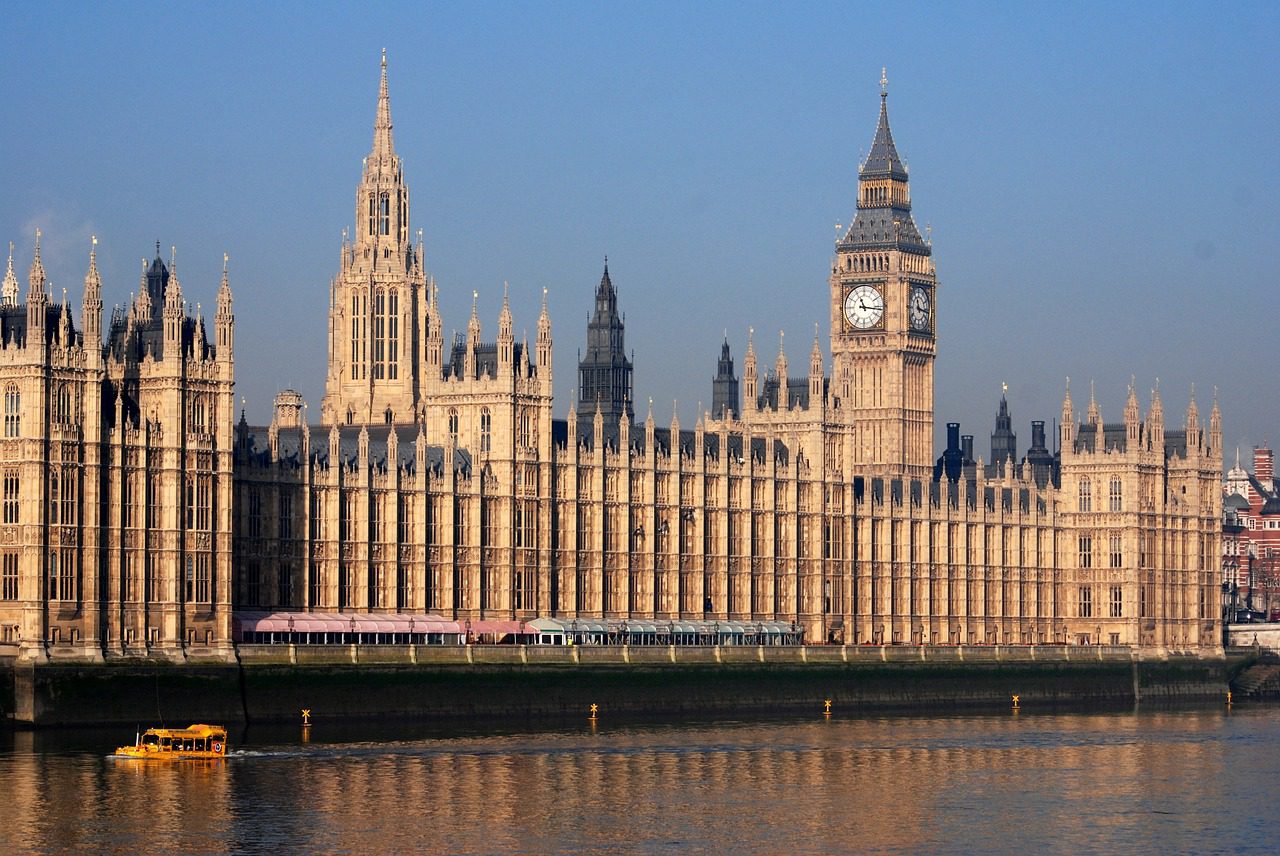This week, the Tenant Fees Bill was introduced to Parliament with recommendations on how the government will ban letting fees charged by agents to tenants from next year.
The new Bill, which was first discussed in the Autumn Budget in 2016, sets out to try and reduce the costs for tenants renting private properties in the UK by removing letting agency fees, as well as capping tenancy deposits and making the whole process more transparent.
The recommended changes have now been published by the new Secretary of State for Housing, Communities and Local Government, James Brokenshire, who was appointed this week after Sajid Javid stepped up to become Home Secretary after Amber Rudd’s resignation.
While the move is expected to save tenants around £240m a year once it comes into play, the government has revealed that it will cost letting agents around £157.1m in the first year – while the knock-on cost to landlords could be £82.9m.
Brokenshire commented: “This government is determined to build a housing market fit for the future. Tenants across the country should not be stung by unexpected costs. That’s why we’re delivering our promise to ban letting fees.”
Key measures: what you need to know
The measures set out in the new Tenant Fees Bill, according to the government’s website, include:
- capping holding deposits at no more than one week’s rent. The Bill also sets out the proposed requirements on landlords and agents to return a holding deposit to a tenant
- capping the amount that can be charged for a change to tenancy at £50 unless the landlord demonstrates that greater costs were incurred
- creating a financial penalty with a fine of £5,000 for an initial breach of the ban with a criminal offence where a person has been fined or convicted of the same offence within the last 5 years. Financial penalties of up to £30,000 can be issued as an alternative to prosecution
- requiring Trading Standards to enforce the ban and to make provision for tenants to be able to recover unlawfully charged fees via the First-tier Tribunal
- prevents landlords from recovering possession of their property via the section 21 Housing Act 1988 procedure until they have repaid any unlawfully charged fees
- enabling the appointment of a lead enforcement authority in the lettings sector
- amending the Consumer Rights Act 2015 to specify that the letting agent transparency requirements should apply to property portals such as Rightmove and Zoopla
- local authorities will be able to retain the money raised through financial penalties with this money reserved for future local housing enforcement
The Bill currently only applies to assured shorthold tenancies and licences to occupy private rented property in England. At second reading, MPs will have an opportunity to debate the key proposals of the legislation before it is brought into law in 2019.










